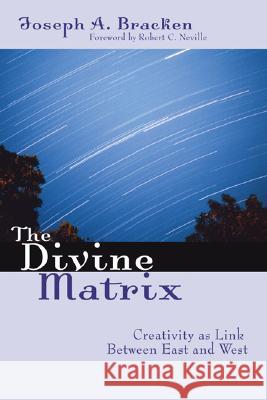The Divine Matrix » książka
The Divine Matrix
ISBN-13: 9781597525947 / Angielski / Miękka / 2006 / 192 str.
Dialogue among religions has always been challenging. Today, the questions are becoming more fundamental: are the various traditions - Buddhist, Christian, Hindu, Tao - even talking about the same thing when they speak of Nature, or God, Emptiness or Brahman? The Divine Matrix represents a bold scholarly attempt to provide a framework for discussing theseand other - questions that will keep the interreligious dialogue project from grinding to a halt. In The Divine Matrix philosopher and theologian Joseph Bracken first locates the Infinite as transcendent source and goal of human activity as the notion common to virtually all the major world religions. He suggests that the Infinite is prototypically experienced not as an entity but as an ongoing activity - the principle of activity for all beings (God included). This idea is consistent with the notion of eternal and continuous motion in Aristotle, with the "act of being" (actus essendi) in the theology of Thomas Aquinas and Meister Eckert, and with the ground of being of Shelling and Heidegger, as well as with Whitehead's definition of "creativity". Bracken goes on to show that this idea is implicit in descriptions of Brahman in the Hindu Upanishads, in the experience of pratitya-samutpada ("dependent co-arising") in classical Buddhism, and in descriptions of the Tao in Tao Te Ching and Chuang Tzu.











